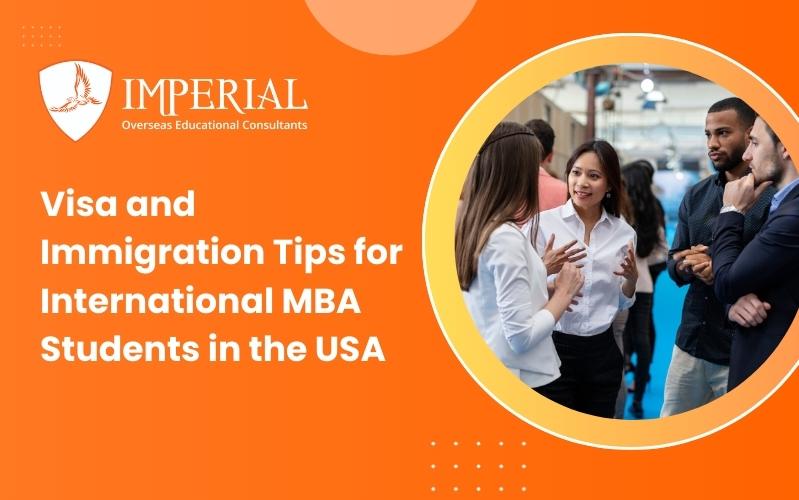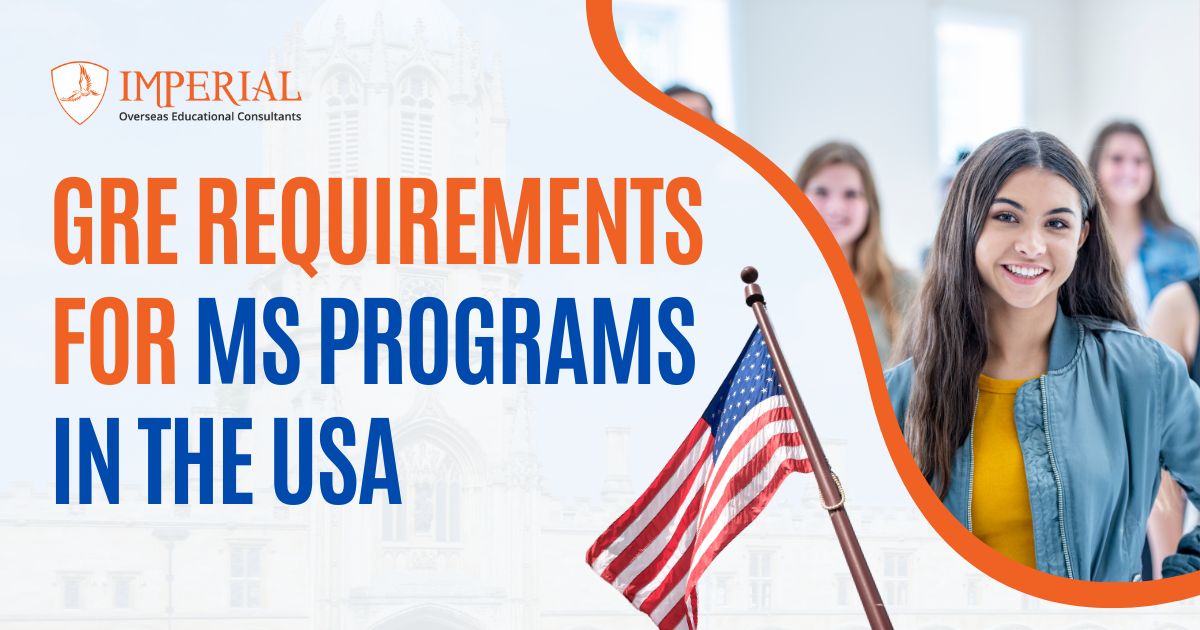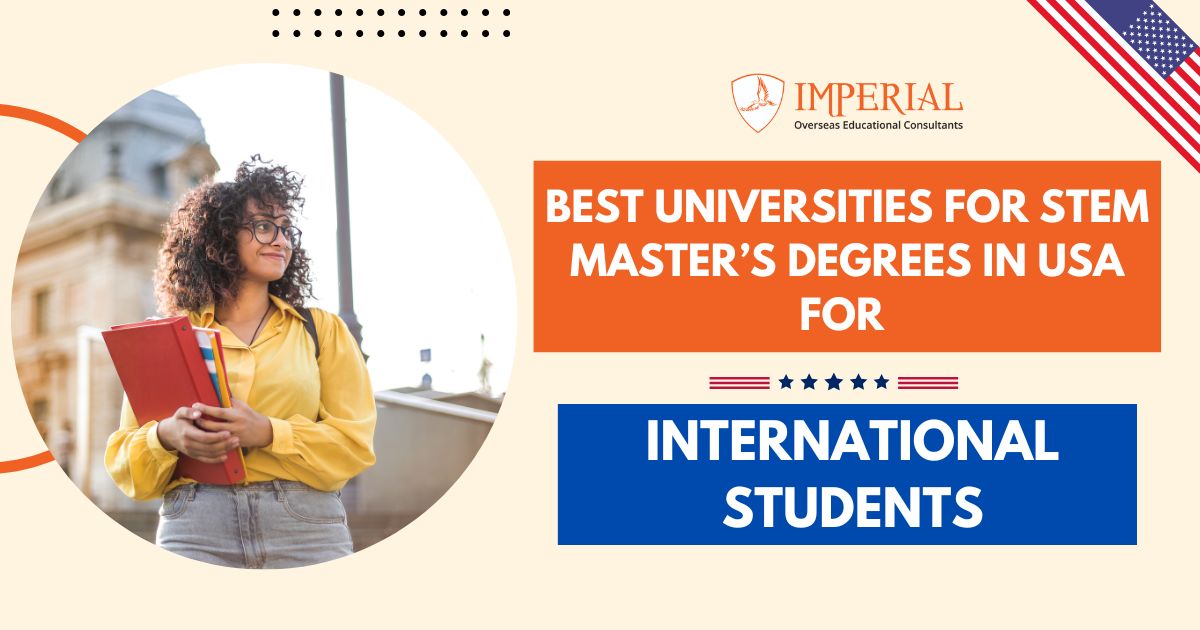
Visa and Immigration Tips for International MBA Students in the USA
Pursuing an MBA in the United States is a transformative experience that opens doors to global opportunities. However, understanding the visa and immigration process is essential for a seamless transition to studying and living in the U.S. Here’s a comprehensive guide to help you.
F-1 Student Visa: the Basics
The F-1 visa is vital for students who want to complete their MBAs or other programs full-time in the United States.
- Get an Admission: Start by applying to a SEVP-accredited school in the U.S.
- Get Form I-20: This is issued by the schools after successful admission to the institution.
- Pay the SEVIS Fee: Payment of the SEVIS I-901 mandatory fee is done.
- Let’s Complete DS-160: The Nonimmigrant Visa Application Online and the fee is submitted.
- Visa Interview: Make a travel to the nearest U.S. embassy or consulate and make a reservation.
- Interview Prep: You must prepare to answer how you intend to pay for your studies and your plans.
Post and During Your MBA Job Opportunities
As an international student holding an F-1 visa, you can engage in practical work through the following:
- CPT: Helps in employment-related activities that are part of the course, like internships.
- OPT: Following graduation, students are allowed to work for a maximum of twelve months related to their area of study.
For a STEM MBA program at the institutions, students can avail of a 24-month extension, which adds up to a 36-month work allowance.
Getting into an H-1B Work Visa After Completing a Student Visa Requires
Many graduates who completed their OPT aim to find employment in the H-1B visa, which is meant for individuals in professional fields:
- Job Offer: Step 1 of the process is getting job offers from U.S. employers who are ready to sponsor their H-1B visa.
- Limited Applications: It is important to remember that applications are taken during a set period every year and that the number of applicants is capped. So always get ready.
- Abolished Cap Employers: Job offers from universities and research institutes are well settling as they are exempt from the cap.
Recent Trends and Issues to Think About
Some set policies and shifts in the U.S. immigration policies could affect international students, and therefore, it’s important always to follow the latest recommendations from government agencies. For example, the semester dates can be rigorous on the students changing state policies, which is why it’s advised students to come pre-term.
Tips for a Successful Visa Experience
- Early Application: Begin your visa application process well in advance to accommodate processing times.
- Financial Documentation: Provide comprehensive proof of financial support to cover tuition and living expenses.
- Stay Updated: Regularly check official resources like the U.S. Citizenship and Immigration Services (USCIS) for updates.
- Legal Compliance: Strictly follow visa regulations to maintain your status and avoid complications.
Studying for an MBA in the USA is a significant step toward achieving your academic and professional goals. Understanding the visa and immigration process is crucial for a stress-free experience.
With Imperial Overseas Education Consultants, you can take the stress out of your dreams of studying in the USA MBA. From visa guidance to career support, we ensure your journey to the USA is seamless. Let us help you focus on success while we handle the details—contact study abroad consultants today.
FAQs
CPT: Authorization to work in a position that is an integral part of an established curriculum, such as a field of study or work in a particular place, which would include internships.
OPT: Allows F-1 students to be authorized to work in their field for a maximum of 12 months pre-graduation or post-completion of their Degree.
Present financial evidence to provide coverage for tuition and living costs for at least the initial year of your education. Bank Statements, Affidavits, or letters from a scholarship would usually suffice.
From 120 days before the commencement of your program, you may apply. It is prudent to submit your application early in order to avoid delays.
If you want to reapply, you can ask for the reason behind your denial and rectify the concerns they raised. For further assistance, contact your college’s international student office.



